Blog
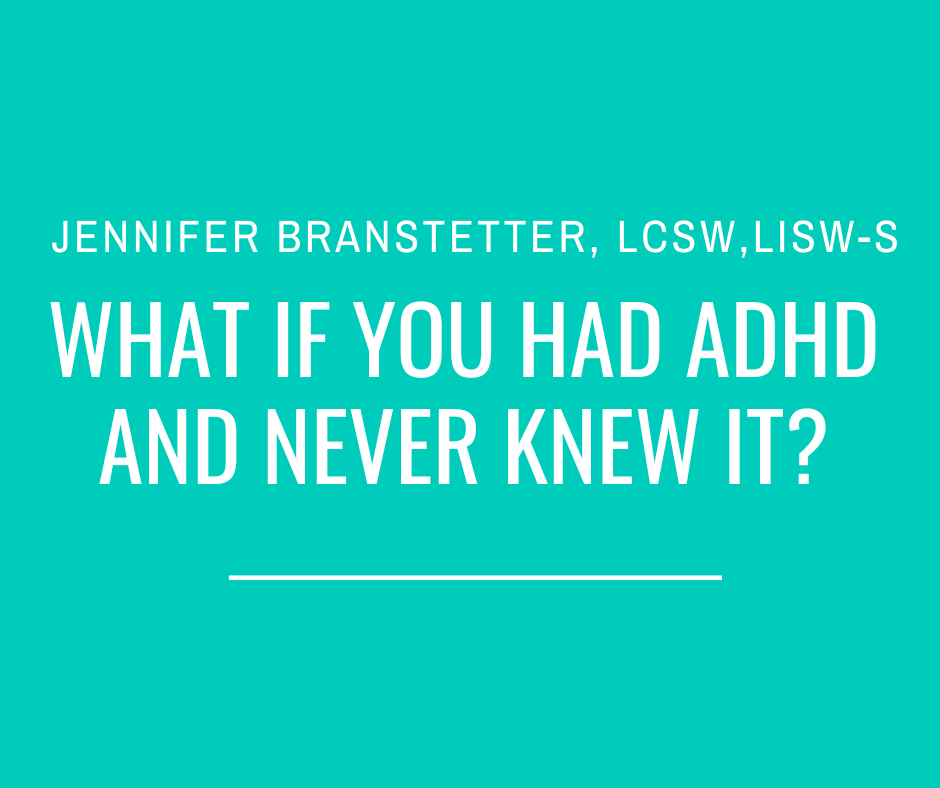
What If You Have ADHD and Never Knew It?
Could you have ADHD and not know it? Especially common in women and high-achieving adults, ADHD is often misdiagnosed or missed entirely. Here's what to look for—and how therapy can help.
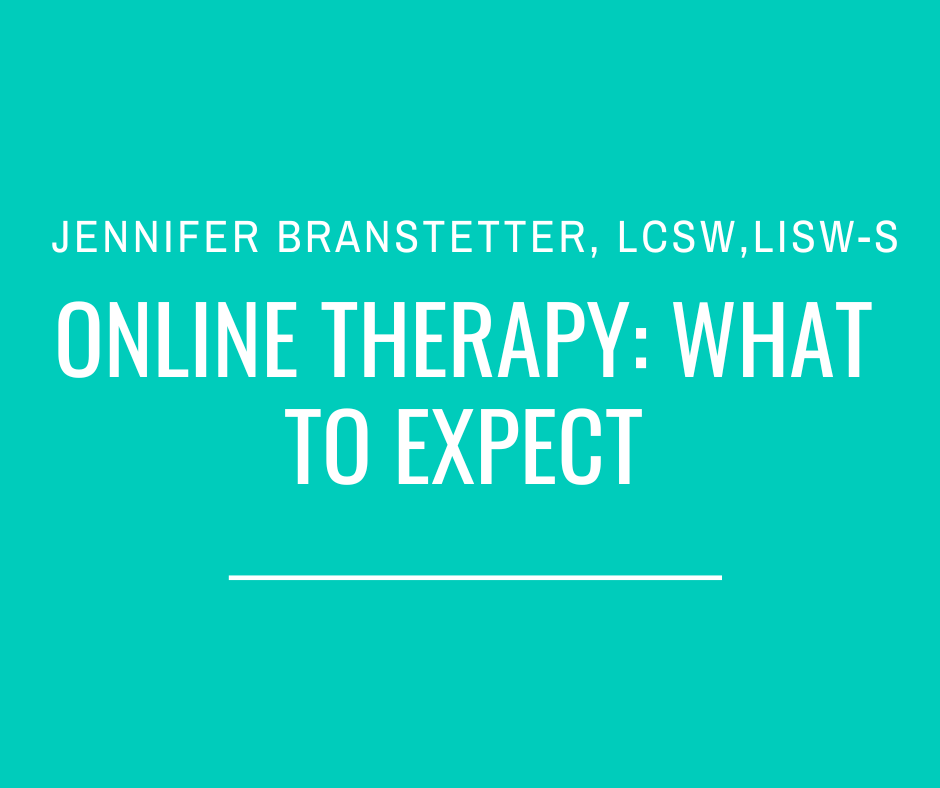
Online Therapy in Indiana & Ohio: What to Expect and Why It Actually Works
Looking for online therapy in Indiana or Ohio? Learn how virtual therapy works, who it helps, and why private pay therapy might be the best choice for your mental health.
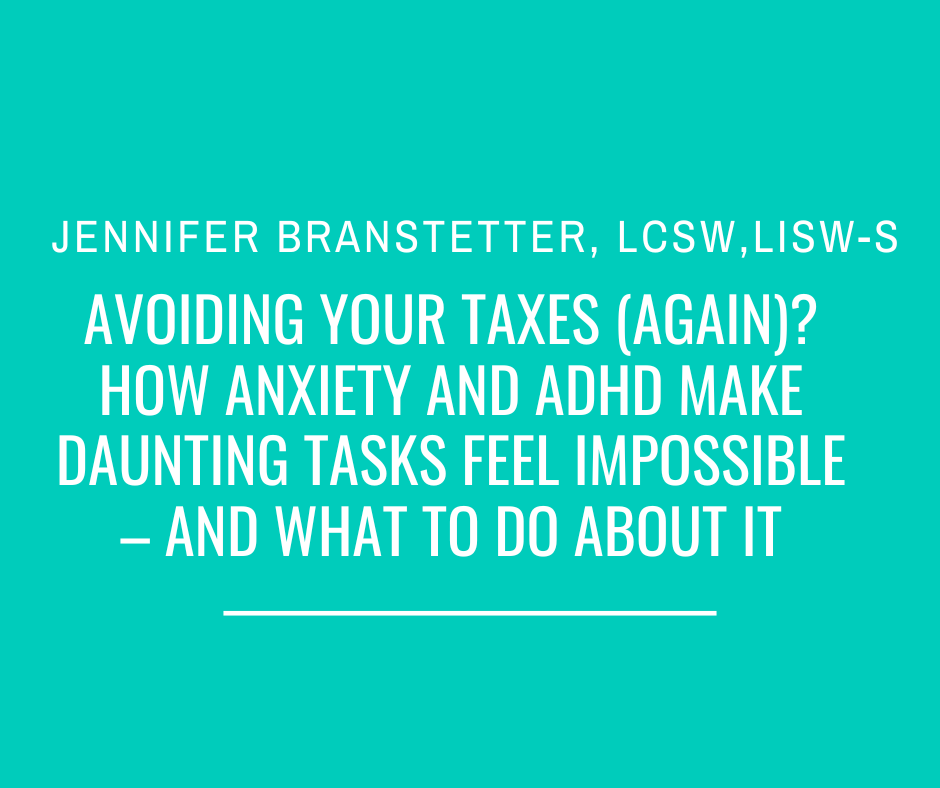
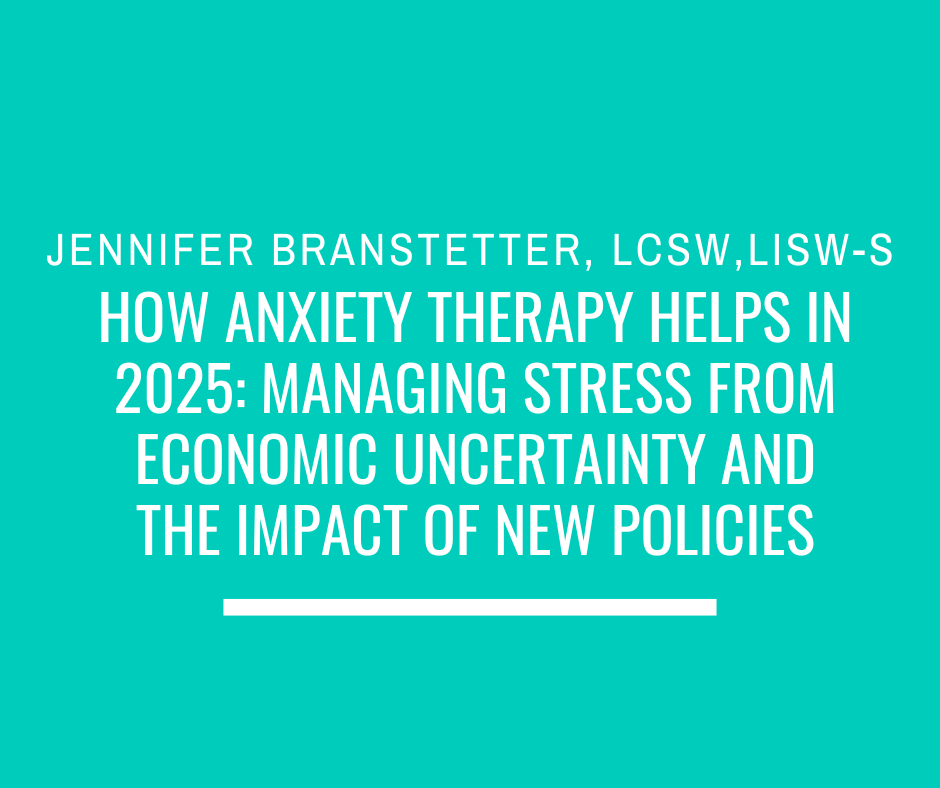

Finding the Right Depression Therapist in Cincinnati: Your Guide to Effective Treatment Options
Struggling with depression? Finding depression help Cincinnati, Ohio, and Indiana.
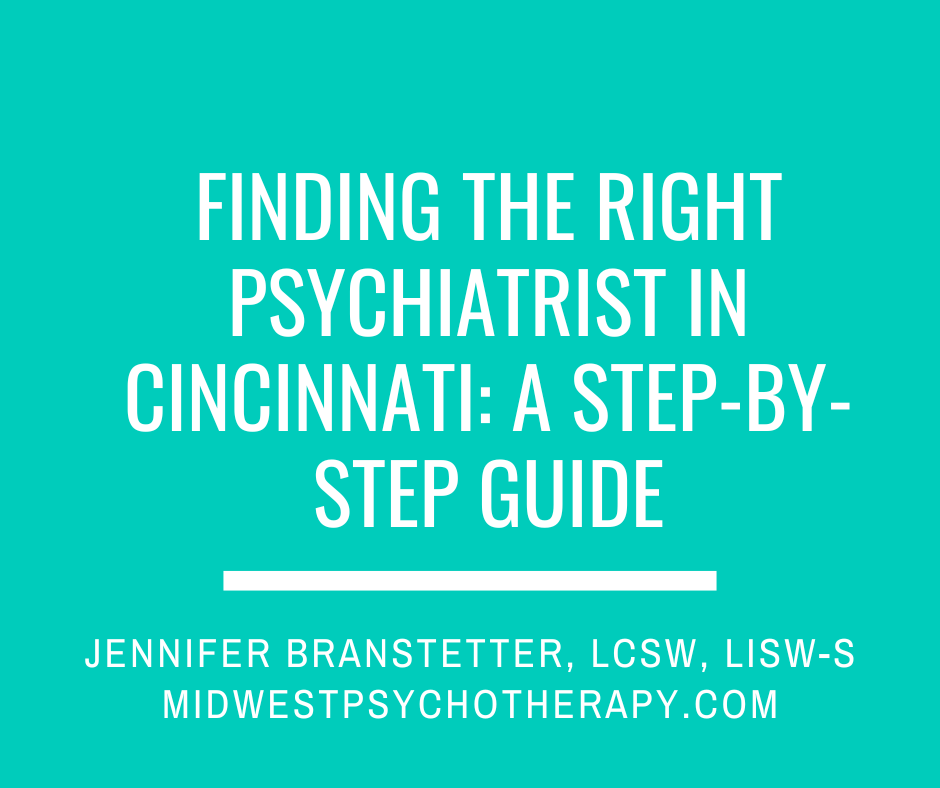
Finding the Right Psychiatrist in Cincinnati: A Step-by-Step Guide
Do you want to see a psychiatrist, but don’t know where to look? This is how I help clients find a psychiatrist and schedule an appointment.
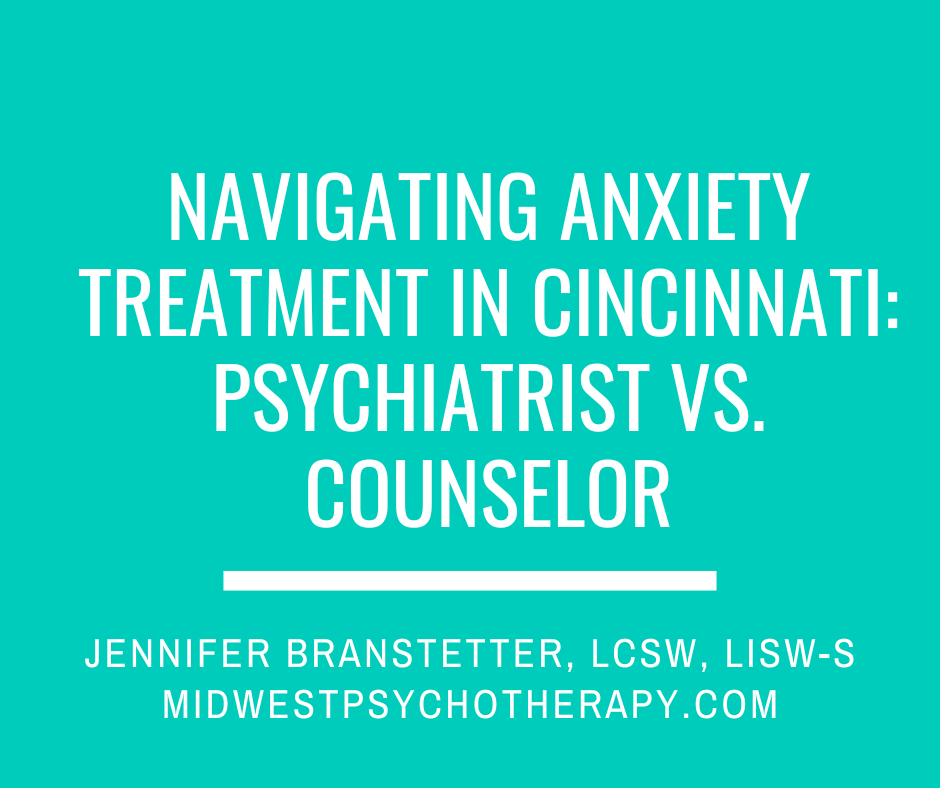
Navigating Anxiety Treatment in Cincinnati: Do I need a Psychiatrist vs. Counselor?
How to decide whether you need a psychiatrist or counselor to help with anxiety or depression.
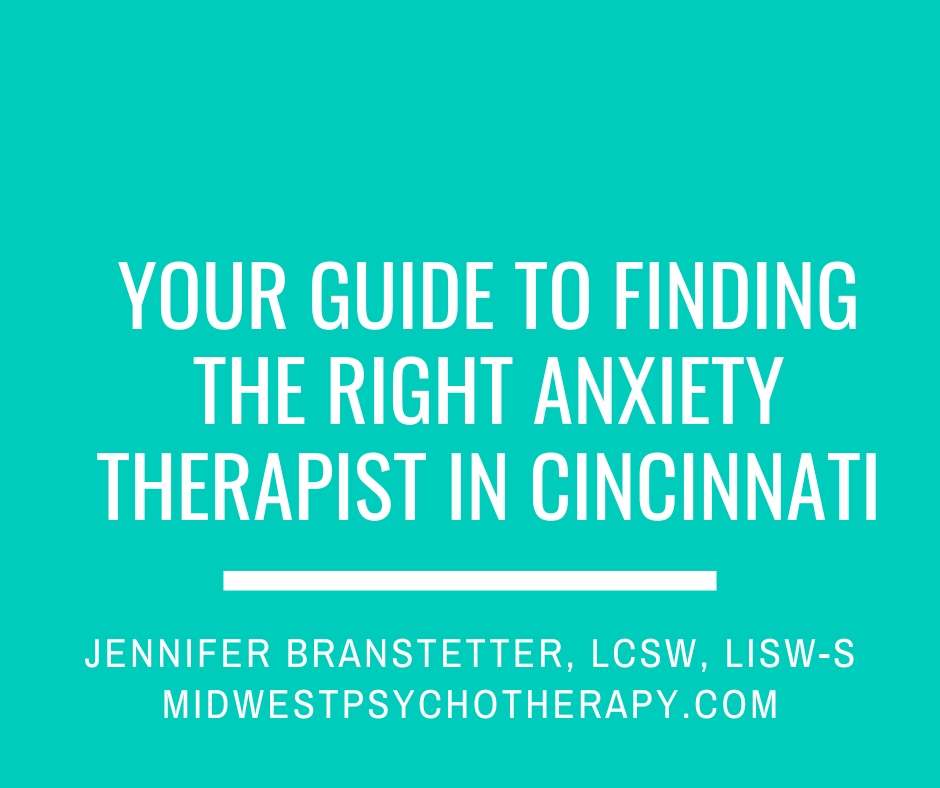
Your Guide to Finding the Right Anxiety Therapist in Cincinnati
Tips on finding the perfect therapist for you.
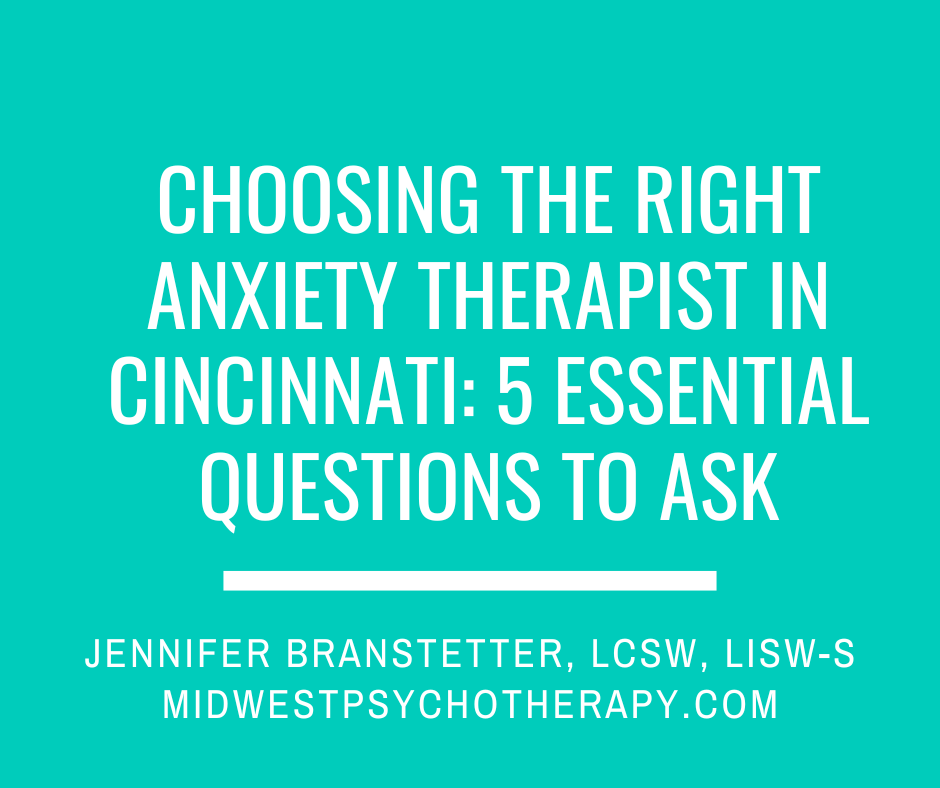
Choosing the Right Anxiety Therapist in Cincinnati: 5 Essential Questions to Ask
Choosing the Right Anxiety Therapist in Cincinnati: 5 Essential Questions to Ask
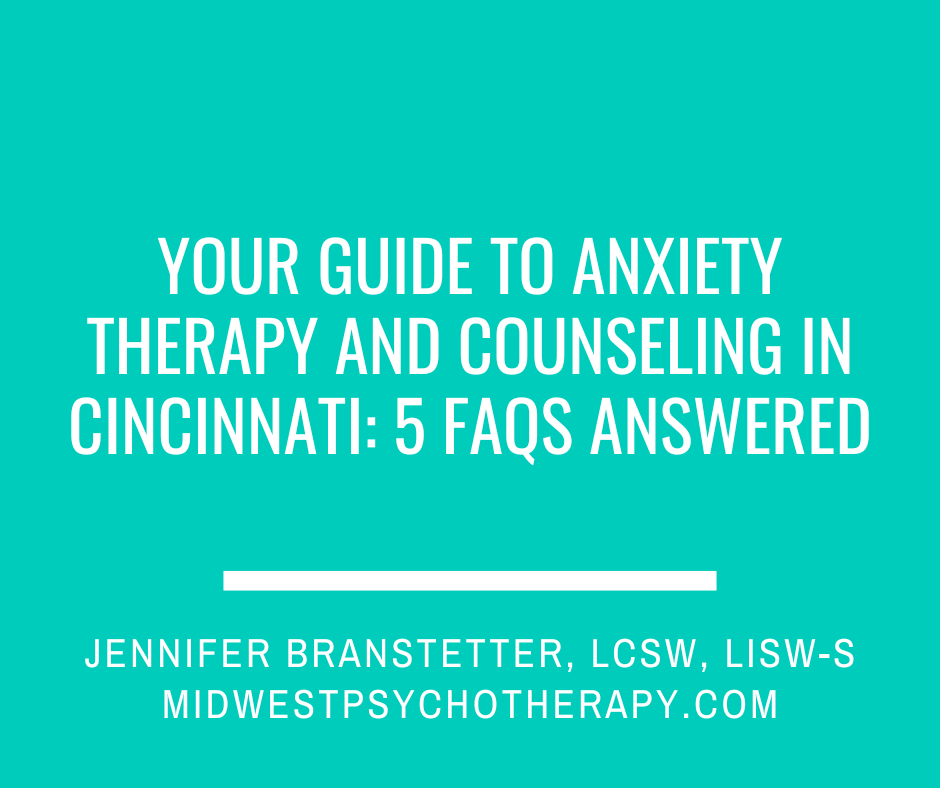
Your Guide to Anxiety Therapy and Counseling in Cincinnati: 5 FAQs Answered
Common questions about starting counseling for the first time.